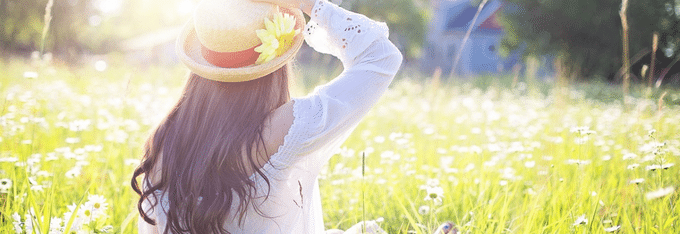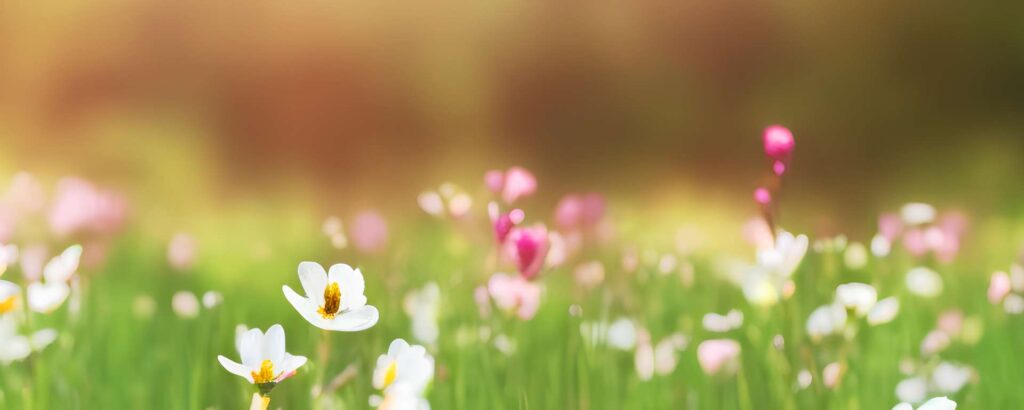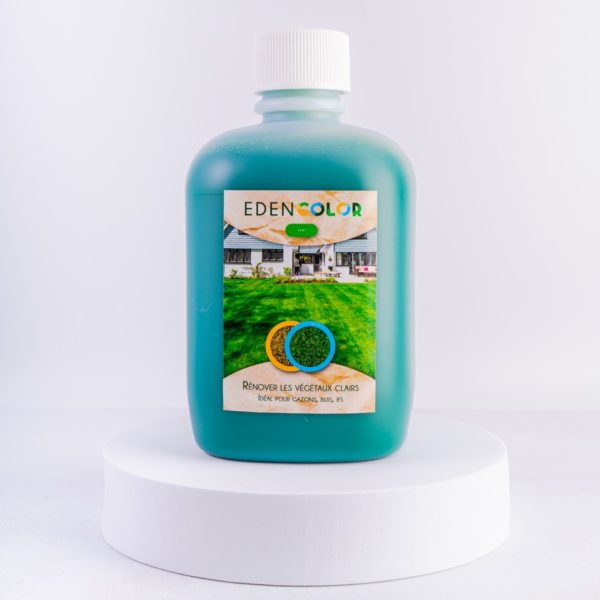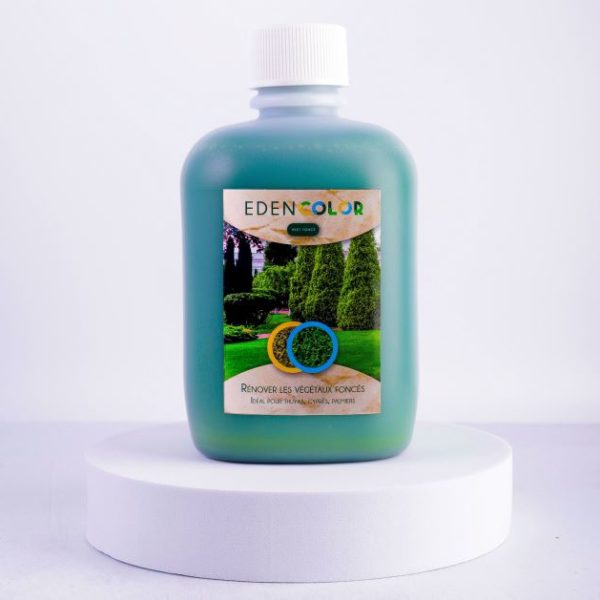Oct, 2023

The benefits of grass
Grass, ubiquitous in our parks, gardens and public spaces, is often considered a simple aesthetic surface. However, it offers much more than that to our planet. In fact, turf plays an essential role in preserving our environment.
Have you ever considered grass itself as a partner for better health? It turns out that grass, much more than just a lawn, can bring many benefits to your physical well-being.
Let's discover the benefits of grass for our planet and our health.
Good for the planet 🌍
First and foremost, turfgrass is a powerful ally in the fight against climate change. It absorbs CO2 from the atmosphere during photosynthesis, helping to reduce the levels of greenhouse gases responsible for global warming.
As a result, it improves air quality, since grassed areas act as natural filters, trapping dust particles and atmospheric pollutants. As a result, they help improve air quality in urban and suburban areas.
Cooling cities: By absorbing heat, grassed areas play an essential role in reducing the urban heat island effect. They help maintain cooler temperatures in urban areas, providing a more pleasant environment for residents.
Greenhouse gas reduction: Unlike impermeable surfaces such as concrete, turf does not contribute to rising local temperatures. By preventing excessive heat, it helps reduce demand for air conditioning, which translates into lower energy consumption and greenhouse gas emissions.
Beneficial for biodiversity 🐝
The benefits of grass for biodiversity :
Lawns provide a habitat for many small animals, such as insects, birds and rodents.
This local biodiversity contributes to the balance of ecosystems and the overall health of the planet. In addition, there is a wide diversity of plant species. Some of these plants provide specific habitats and attract local insects, thus contributing to the health of regional ecosystems.
Environmental protection: Soils under lawns act as natural filters, helping to remove impurities from rainwater and prevent pollution of our groundwater resources.

Good for our health 🦠
Human well-being: Green spaces, which often consist largely of grass, have beneficial effects on mental and physical health. They offer places for relaxation and social interaction.
Stress reduction: Spending time on a lawn to help reduce stress and anxiety, being in contact with nature.
En conclusion, le gazon n’est pas simplement une surface verte agréable à regarder, c’est un élément clé de la santé de notre planète. Ses multiples bienfaits, allant de la captation du CO2 à la préservation de la biodiversité en passant par l’amélioration de la qualité de l’air, en font un atout précieux pour l’environnement. Il est donc essentiel de le protéger et de promouvoir sa présence dans nos communautés pour garantir un avenir plus vert et plus durable pour notre planète.
Would you like to find out more about how to care for your garden? Please visit our article.
-
 For the garden
For the gardenVegetal Color: Green
Lawns|Boxwoods|Yerbs - 500ML | 1L | 4L | 10L
Note 5.00 sur 5From 84.99€ View product This product has multiple variants. The options may be chosen on the product page -
 For the garden
For the gardenVegetal Color: Dark Green
Lawns|Hedges|Palm trees - 500ML | 1L | 4L | 10L
Note 5.00 sur 5From 84.99€ View product This product has multiple variants. The options may be chosen on the product page

